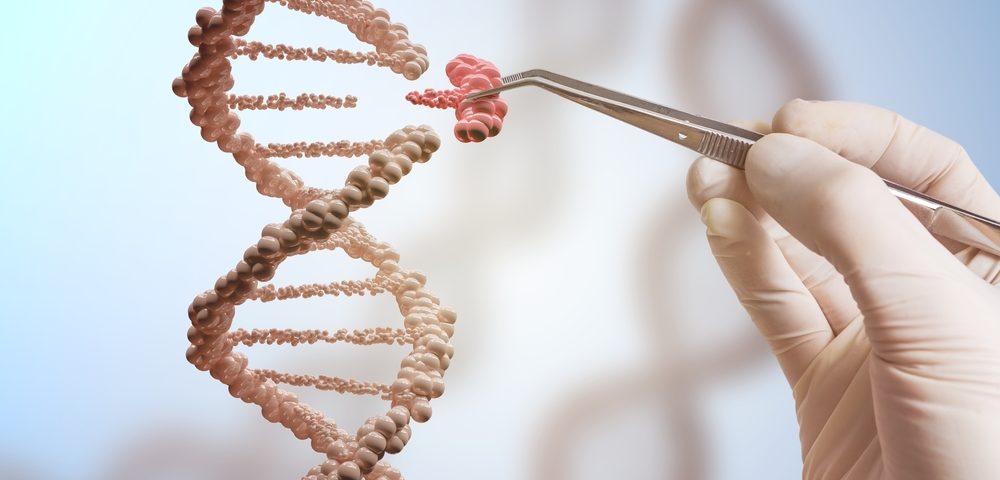Progenitor Life Sciences, a company that specializes in developing off-the-shelf cellular immunotherapies, has developed two additional technologies that will improve immune cell engineering and production in future immunotherapy approaches.
The proprietary technologies are called VanGogh footprint-free gene editing and Rodin gene switching.
When researchers genetically modify selected cells in a lab, they require tools to identify cells that were effectively modified and isolate them from the ones that weren’t. This is usually done through antibiotic resistance or via the presence of a fluorescent protein. Modified cells are resistant to a certain antibiotic or produce a fluorescent protein that can be used to isolate them from unmodified cells. But after this selection, the extra genes need to be removed from the cells so that they are suitable for use in clinical practice.
Progenitor’s VanGogh is a new “self-excising” tool that allows for rapid and permanent removal of a selected DNA region. This is achieved by treating cells with a small, nontoxic molecule that induces DNA recombination.
VanGogh has more than 90 percent efficiency and is able to eliminate cells in which the DNA fragment was not removed.
Rodin, an extension of VanGogh, allows for the excision of a certain DNA portion to be linked to the simultaneous activation or deactivation of up to four different genes. This can be used to switch on or off gene expression and certain cell functions.
According to the company, the two new technologies are expected to increase the efficiency of genetic engineering and improve industrial workflows and are key to next-generation off-the-shelf cellular immunotherapies.
“Our technologies enable more efficient and reliable workflows, and produce safer cells,” Tim Graham, MD, CSO of Progenitor Life Sciences, said in a press release. “Using these technologies provides partners with unprecedented cell design capabilities, including the ability to switch from expressing one CAR [chimeric antigen receptor] to another in vivo, excisable selection cassettes, and multiple layers of control over differentiation and proliferation.”
According to Graham, current allogeneic CAR-T therapies deliver “a single CAR molecule into a mix of primary cells.” Future therapies will use the large-scale production of renewable cells, “and will require optimization of cells with a more comprehensive approach taken to screening CAR molecules, alone or in combination with other factors like co-activators, cytokines, and suicide genes.”
He said the current approach based on one cell line and one receptor at a time “won’t cut it in this new arena. Progenitor’s technologies provide parallel development that accelerates production/testing of ‘off-the-shelf’ cellular therapies, and is scalable for industrial production of the final products.”


